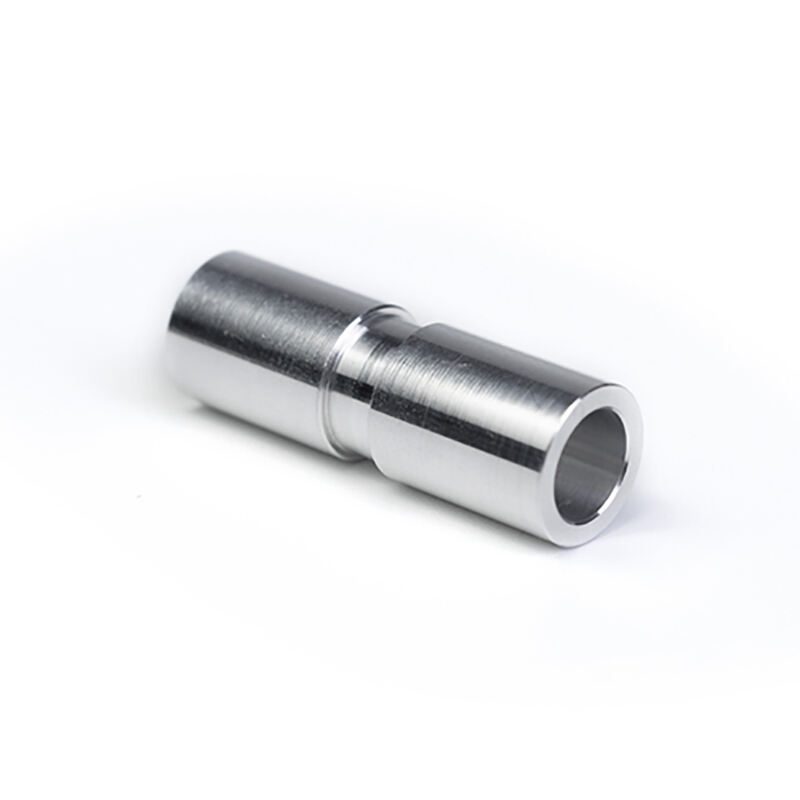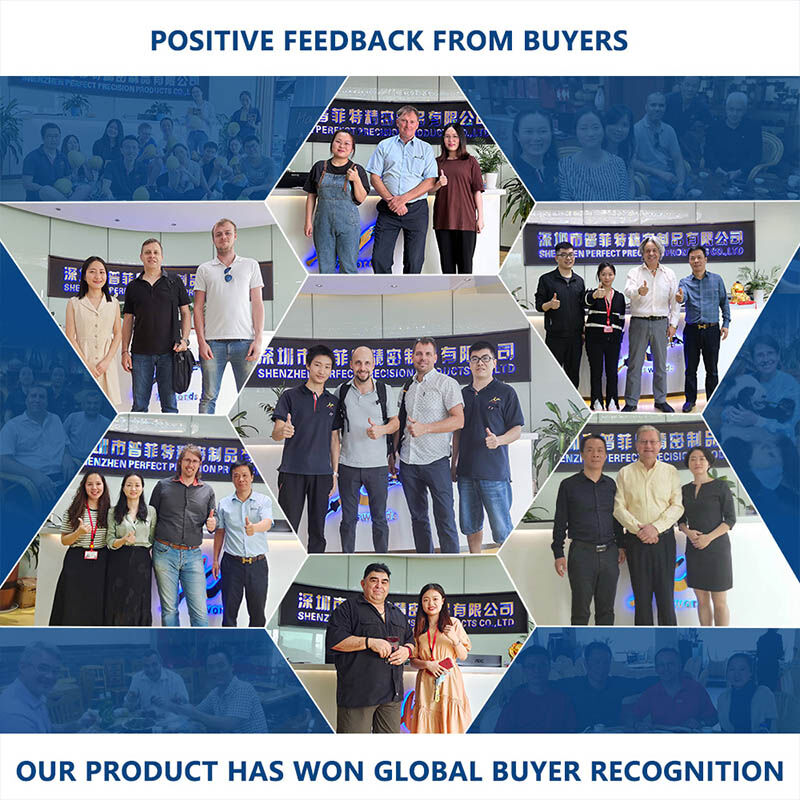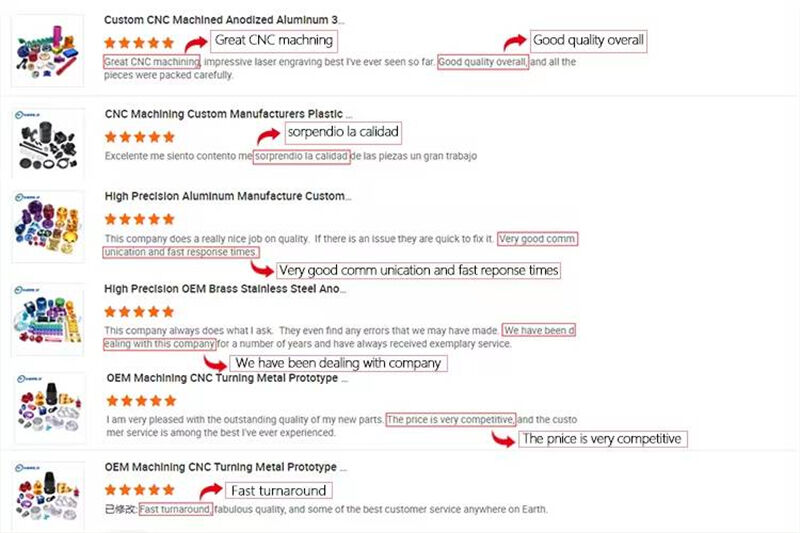Building 49, Fumin Industrial Park, Pinghu Village, Longgang District
Sunday Closed
Precision Machining Parts
Type:Broaching, DRILLING, Etching / Chemical Machining, Laser Machining, Milling, Other Machining Services, Turning, Wire EDM, Rapid Prototyping
Model Number:OEM
Keyword:CNC Machining Services
Material: Stainless steel
Processing method :CNC Turning
Delivery time:7-15 days
Quality:High End Quality
Certification:ISO9001:2015/ISO13485:2016
MOQ:1Pieces
In the world of advanced manufacturing, where tight tolerances, unique geometries, and specialized materials are often required,custom precision machiningplays a crucial role. This specialized branch of machining focuses on producing highly accurate, made-to-order components that meet exact client specifications. It is the go-to solution for industries where off-the-shelf parts simply won't do.

Custom precision machining is the process of creating components with extremely tight tolerances and fine detail, based on a customer’s unique specifications. Unlike standard machining processes that produce mass-market parts, custom precision machining caters to specific requirements related to shape, size, material, surface finish, and functionality.
It combines high-precision computer-controlled equipment—such as CNC mills, lathes, grinders, and electrical discharge machines—with skilled engineering and design input. These parts are typically used in high-performance applications where quality and accuracy are critical.
The process begins with a detailed design file, often in CAD format, supplied by the client or developed collaboratively. From there, the workflow typically includes:
Material Selection: Based on the mechanical, thermal, or chemical demands of the part.
Toolpath Generation: CAM software converts the 3D model into machine instructions.
Machining Setup: Custom fixtures, tools, and machine calibrations are prepared.
Machining Operations: Multi-axis CNC machines shape the part with micron-level accuracy.
Quality Control: CMM (Coordinate Measuring Machines), laser scanners, and other tools verify tolerances and dimensions.
Finishing Services: Optional post-processing includes polishing, anodizing, heat treatment, and coating.
Ultra-Tight Tolerances: Parts can be produced with tolerances as low as ±0.0001 inches, ensuring exact fit and performance.
Full Customization: Every feature of the component, from dimensions to materials to surface finish, is tailored to the customer's needs.
Material Versatility: Capable of machining metals (like stainless steel, titanium, aluminum), plastics (like PEEK, PTFE), and even exotic alloys and ceramics.
Prototyping & Production: Custom machining is ideal for both one-off prototypes and low-to-mid-volume production runs.
Superior Quality Assurance: Rigorous inspection processes ensure every part meets design specifications.
Aerospace & Defense: Aircraft components, satellite parts, and military-grade hardware with strict tolerances.
Medical & Dental: Implants, surgical tools, and diagnostic devices where biocompatibility and precision are vital.
Automotive & Motorsports: Custom engine parts, transmission components, and performance upgrades.
Electronics: High-precision housings, connectors, and semiconductor processing components.
Robotics & Automation: Custom joints, actuators, and mounting hardware for robotic systems.



Q:What materials can be used in custom precision machining?
A:Common materials include:
Metals: Aluminum, stainless steel, titanium, brass, copper
Plastics: Delrin, PEEK, PTFE, nylon
Exotic alloys and composites
The choice depends on the part’s application, strength, and environmental requirements.
Q:What tolerances can be achieved?
A:Custom precision machining can achieve extremely tight tolerances, often within ±0.0001 inches (±2.5 microns), depending on the material and part geometry.
Q:What’s the difference between custom machining and standard machining?
A:Standard machining typically involves producing parts from existing templates or designs in larger quantities. Custom machining is tailored to unique designs, specifications, and tolerances, often involving one-off or small-batch production.
Q:Can custom precision machining be used for prototyping?
A:Yes. Custom machining is ideal for prototyping because it allows engineers to create and test physical versions of a design quickly and accurately before mass production.
Q:How long does it take to complete a custom machining job?
A:Lead times vary based on complexity, material availability, and volume. Simple parts may take a few days, while intricate components could require several weeks. A reputable machine shop will provide an estimated timeline upfront.
Copyright © Shenzhen Perfect Precision Products Co., Ltd. All Rights Reserved — Privacy Policy — Blog